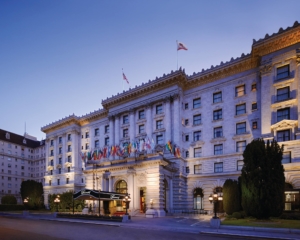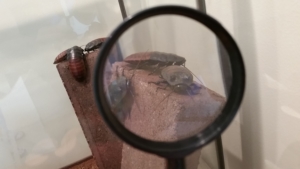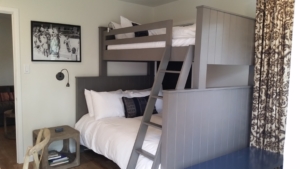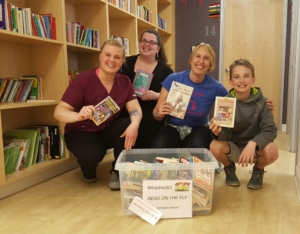New family travel fave: Flathead Lake Lodge
No, I didn’t have my family with me on a recent trip around Glacier Country, Montana. But I didn’t need three kids in tow to appreciate the family travel awesomeness of Averill’s Flathead Lake Lodge (FLL) in Bigfork.
I stayed at the lodge two nights as part of the week-long #PictureMontana summit through my client, Expedia. I walked away with a new addition to my travel-dream list.
Much of what makes FLL kick-ass appeals and applies to guests of all ages. Horses you can ride every day. Boats you can take out on Flathead Lake. Communal meals in an authentic western lodge. S’mores by the campfire every night of the week. The fact that the place is all-inclusive means you don’t have to fumble around for cash or credit cards, and don’t have to worry about the a la carte pricing on activities. The fact that it’s been there for more than 70 years means it’s oozing with history.
(True story: Chase Averill, who’s my age, runs the place now. His dad, Doug Averill, ran it for years and still plays a pretty important and visible role today. His grandpa, Les Averill, started the place in 1945.)
But the lodge also is PERFECT for families. My accommodations—Cabin 2—had two bedrooms, one with a queen-sized bed and another with two twins (which would have been perfect for L and R). During the summer season, kids have dinner together 30 minutes before the grownups, then head out on horseback rides to give the grownups some time to themselves. There’s cornhole and beach volleyball and board games galore.
Heck, on the night of the weekly steak fry, everyone gathers ‘round to hear a cowboy sing folk music.
(Also, the beach at the lodge was made for skipping stones. See the slo-mo video of me doing that here.)
The reality is that absolutely everything is included in the one-week stay—lodging, food, activities, and more. The only thing that’s not technically part of the package is alcohol; instead, FLL encourages you to bring your own and help yourself to it whenever you desire.
I’m not going to lie—at $3,808 per adult, $2,842 per kid ages 6-17, $1,546 per kid ages 3-5, and $182 per infanct, the place ain’t cheap. It would cost our family of five $12,236 plus airfare. But when you consider what seven days of this experience would cost if everything was priced individually, the rate is reasonable. What’s more, when you consider that FLL serves up a dude-ranch experience unlike any other in the West, it seems even more worthwhile. The only question left for us: When do we return?









